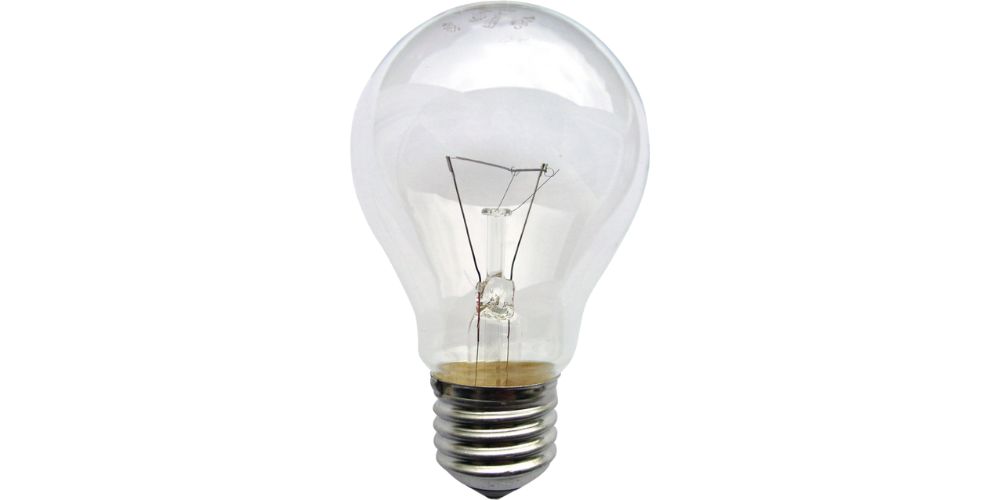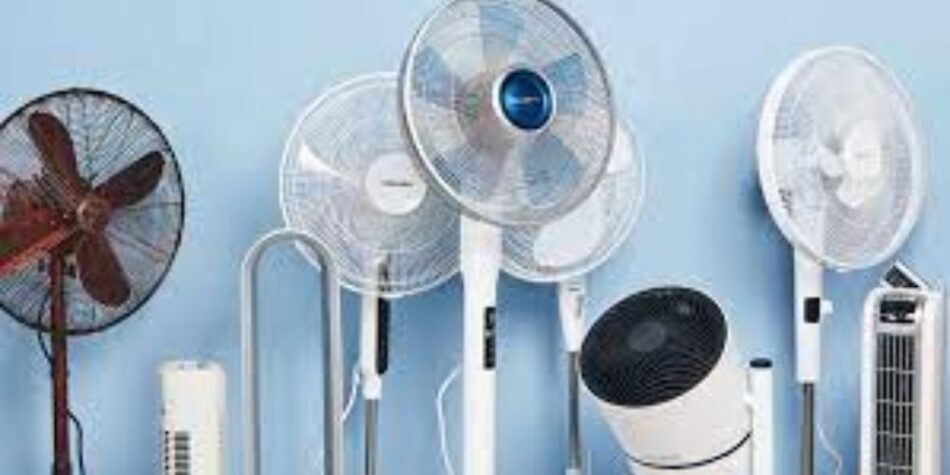In a move towards energy conservation, traditional fans will be replaced by new energy-efficient fans
From July 1, 2023, the government will ban the manufacturing and marketing of traditional fans and lamps,
The statement comes right as the government is nearing completion of its energy efficiency plan, which calls for replacing current electric goods. After June of this year, no company in the nation will be permitted to produce or market the current traditional fans because they have been instructed to start producing highly energy-efficient fans on July 1.
In homes and other structures around the nation, there are reportedly around 41 million fans installed. The ministry of energy will work with power companies (DISCOs) to enable the installation of at least one new, highly energy-efficient fan on an installment payment plan in the premises of every consumer.
A new fan may cost consumers more than Rs 12,000 according to the authorized plan. However, the price will be increased in installments every month for electricity.
The Pakistan Standard and Quality Control Authority has reportedly urged fan manufacturing companies to get ready to produce new fans that meet those specifications (PSQCA).
A different ministry division, the National Energy Efficiency & Conservation Authority (NEECA), is also said to have finalized and will announce the Minimum Energy Performance Standard (MEPS) for producing only those fans having a power factor of fewer than 80 watts. Also, PSQCA has drafted SRO to impose a legal obligation on fan producers to create such fans to execute energy efficiency and conservation measures.
The authority’s required list now includes fans that have earned stars for their energy efficiency. A fan with a star rating of 1 will use less than 80 watts, according to the MEPS of electric fans. Similarly to that, fans with a star rating of 5 will use 45–50 watts when an AC converter is used.
The administration had earlier, during a meeting on Monday, resolved to slacken regulatory requirements on silicon shields, which were required for import and use in fans and other electric devices for efficiency reasons. Vendors and importers would both benefit from this.
Ban on traditional bulb production

The plan also calls for a ban on inefficient bulbs, and the manufacturing and sale of tube lights would end on July 1, 2023. Only energy-efficient bulbs that meet specified standards would be allowed on the market.
The choice was decided following discussions with the association of fan makers, according to the official sources. Manufacturers have been requested to make sure that their facilities have been upgraded in compliance with MEPS so that only premium energy-efficient bulbs and star-rated electric fans are produced, per the instructions of Khawaja Asif, head of the committee on fluorescent lights and fans.
Changing or replacing current geysers
The MEPS also outlines a strategy to ensure that the nation’s natural gas resources are used effectively. In this regard, the government has also planned to replace or modify the millions of geysers that are now in use throughout the nation. But, as winter is almost over, the plan will be put into action before the following winter.
Documents state that conical baffles have been made a requirement in the new MEPS of geysers, which PSQCA developed in cooperation with NEECA. With effect starting on December 1, 2023, the updated standard for geysers has already been announced for this reason. Twelve geyser manufacturers out of a total of thirteen comply with the updated standard.
Also, timed devices and digital tools must be included in new geysers, according to a request made to the manufacturers. The installation of conical baffles and other equipment in the numerous millions of geysers that are currently in use throughout the nation will be handled by the petroleum ministry in cooperation with Sui Northern Gas Pipelines Limited (SNGPL), SNGPL, and Sui Southern Gas Company Limited (SSGC).


